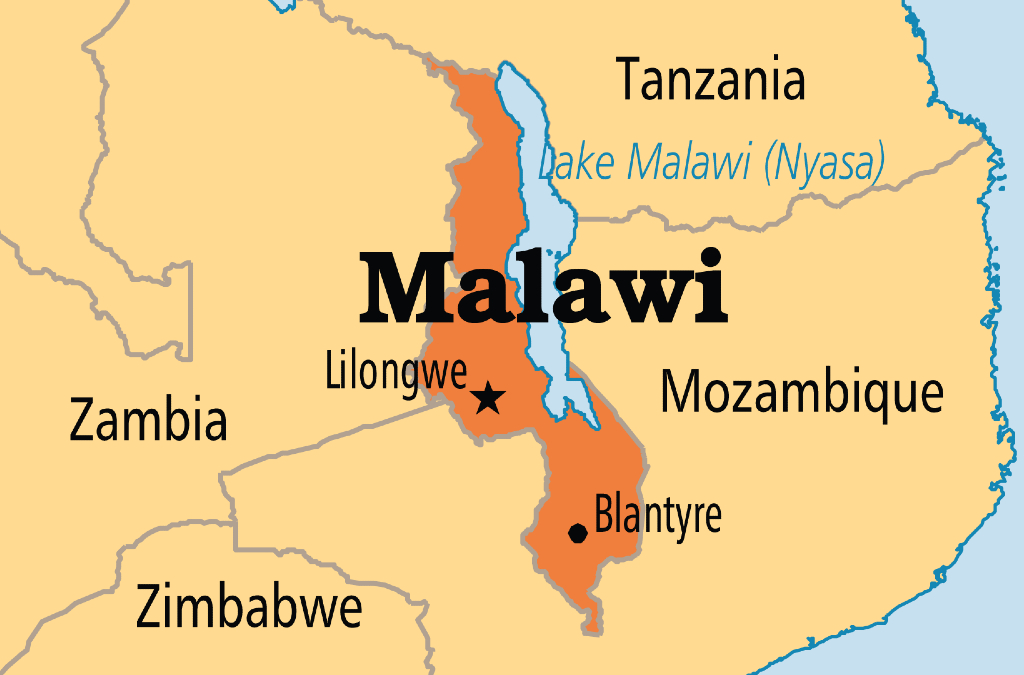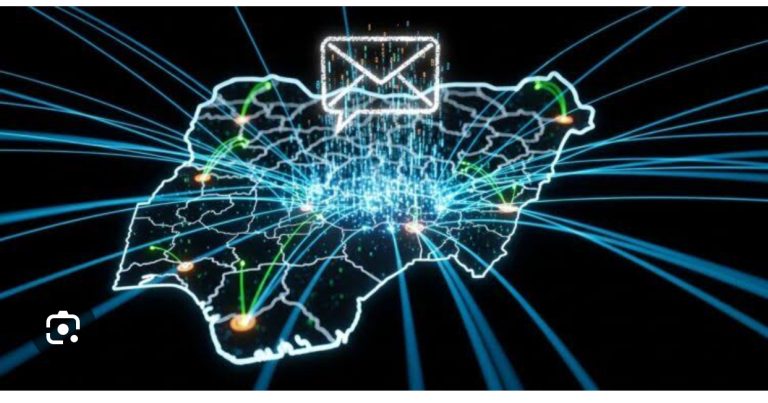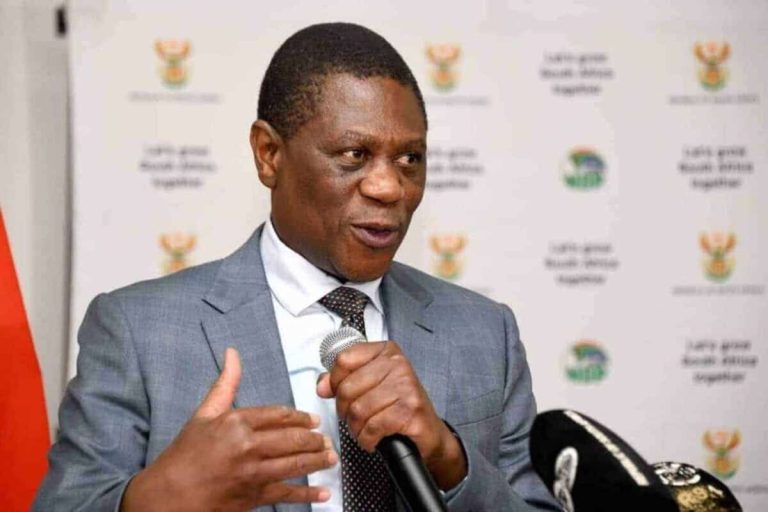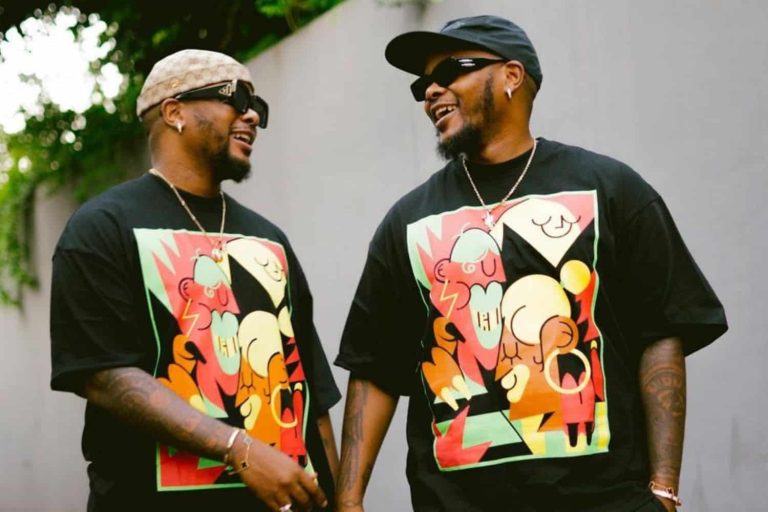
Malawi began voting on Tuesday in a presidential election that sees incumbent President Lazarus Chakwera face his predecessor Peter Mutharika, with soaring inflation and rising food prices top of mind for many voters.
Fifteen other candidates, including former president Joyce Banda, are also contesting the presidency, but analysts predict a two-horse race between Chakwera, 70, and Mutharika, 85. A second round will be held if no candidate secures more than 50% of the vote.
“I have voted for the candidate that I am confident will solve the hunger problem. I am struggling to feed my children,” said Alindiine Bellison Kazembe, a 32-year-old mother of four working as a maid in the commercial capital, Blantyre, who was among early voters on Tuesday morning.
Malawi has experienced economic stagnation since Chakwera, a former pastor, took office in 2020, compounded by a devastating cyclone and a regional drought that destroyed crops and worsened hardship. Inflation has remained above 20% for over three years.
“My worst experience has to do with prices of goods that keep rising. I have voted in the hope that the next president will do something about our economy,” said Mazaza Msiska, a 50-year-old man from the Ndirande township, who lost his job during the COVID-19 pandemic and has not found work since.
Polls opened at 6 a.m. local time (0400 GMT), with some delays at polling stations due to issues with biometric fingerprint readers.
“We had to revert to manual identification, as the machines couldn’t pick up identities. So we were switching to and from, but now it has stabilised and voting is proceeding smoothly,” said Wezi Winnesi, an election monitor for the opposition United Democratic Front party.
Malawi’s roughly 22 million citizens are also voting for members of parliament and local councillors on Tuesday.
Corruption scandals have deepened disillusionment with both Chakwera’s Malawi Congress Party and Mutharika’s Democratic Progressive Party. Chakwera entered office accusing Mutharika’s government of widespread corruption, but his handling of cases has been criticised as selective and slow.
“The race is too close to call between the opposition leader Mutharika, and the incumbent. The economy, corruption, food security, governance style and leaders’ agility are the cutting issues,” said Chimwemwe Tsitsi, a political scientist at the Malawi University of Business and Applied Sciences.
“For the ruling party, their weakness is on economic performance, but their strength lies in the lack of unity among opposition parties.”
The two main candidates have faced off three times already, with a dramatic turn in the last election when the Constitutional Court annulled Mutharika’s 2019 victory due to irregularities and ordered a rerun, which Chakwera won in 2020.
Faridah Abdulkadiri



